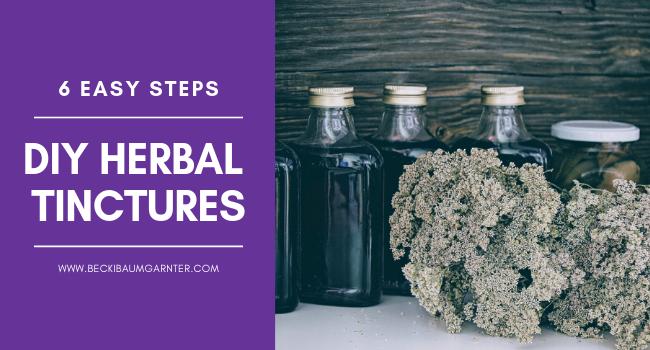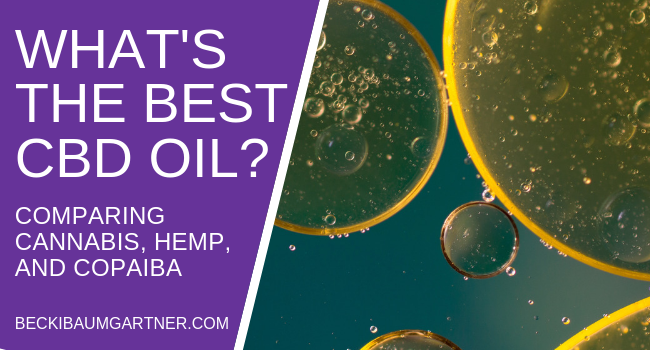Herbal medicine is an amazing, natural tool especially helpful for chronic health conditions and in conjunction with many standard pharmaceuticals.
Evidence of herbal medicine is the oldest therapy in world history. In fact, herbs have been found in the archeology of the most ancient civilizations.
Philosophy differs from the different areas of the world, but herbs have been used historically worldwide for improving health and maintaining wellness.
Interestingly, our ancestors experienced the same “battle between the holistic philosophy of herbalism and an increasingly mechanized view of the body”, and by about the middle of the 20th-century synthetic “wonder” drugs eclipsed the use of herbal remedies.
However, health thoughts and opinions are finally coming full circle again people are wanting to take charge of their health with herbal medicine.
Unfortunately, the medical community is slow in catching up.
Sometimes doctors only find out about herbal-pharmaceutical mixes is when a patient suddenly exhibits strange symptoms.
The good news is, though, that most herbs are an effective complement to conventional therapies. You just need a good professional to help you avoid dangerous herb-drug interactions.
Luckily, pharmaceutical companies have caught on to the popularity of herbs and have started noting which herbs and which pharmaceuticals may provoke harmful side effects.
However, doctors do not get trained in herbs and many struggle to understand the basics of herbal remedies.
It is important for you to take charge of your own health, do your research, and get your doctor to help you work with your specific health needs.
Fortunately, standardized herbal remedy formulations are widely available in health food stores and drugstores. And, most toxic herbs are readily available.
You can purchase pre-made herbal remedies in several different forms: tinctures, capsules, tablets, lozenges, compresses, teas, fomentations, glycerites, essential oils, creams, salves, liniments, poultices, suppositories, syrups, and standardized extracts.
Most herbal remedies are even safe for children when used at the correct dosage.
However, as with any substance such as food, drug, pollen, etc., an allergic reaction could possibly happen so you should test for reactions first. Just take a small amount and see if a reaction happens within the next two hours.
For acute conditions, you should take the recommended dosage every two to three waking hours, continuing the herbal treatment for two days after symptoms have resolved.
For chronic conditions, take the recommended dosage two to three times daily.
Again, if you are on medications enlist the aid of a trained professional to understand possible interactions.
Make sure you use top-quality standardized herbs. And always tell your doctor you are using herbs.
Using herbal remedies properly can help you treat the root causes of your health challenges.
And, you may even be able to eventually use fewer pharmaceuticals to attain your health goals. Or, even go all-natural with your doctor’s approval.
Just remember, double-check for interactions and discuss with your doctor before starting any herbal protocol.
Source: Stengler, M., Balch, J., Balch, R. “Prescription for Natural Cures, 3rd Edition“. Nashville: Turner Publishing Company. 2004.





